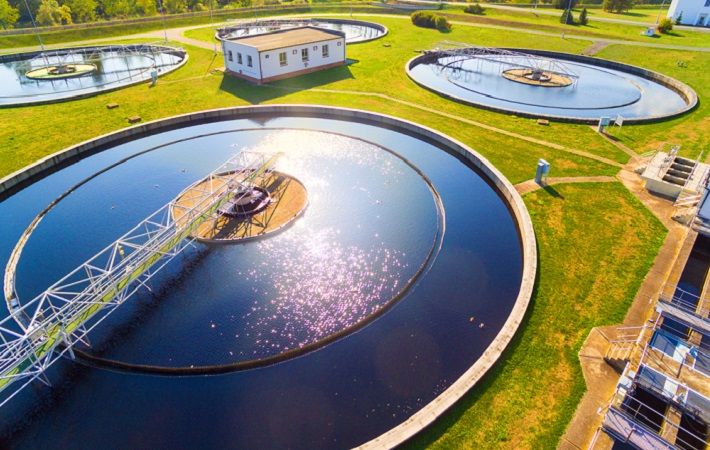Indian textile industry should focus on managing wastewater: Official

“It is the responsibility of all stakeholders including the government, textile bodies and industries to invest in green technologies that conserve water. There is enough knowledge on the supply side of water and wastewater management but not on the demand side,” Singh said in his keynote address at the national multi-stakeholder consultation organised last week to build consensus on establishing wastewater as a resource and dealing with it in a sustainable way by the textile industry.
The virtual conference was organised by The ReFashion Hub, a collective that aims to raise awareness and drive conversation about water stewardship in India’s textile industry and Centre for Responsible Business (CRB) with support from Alliance for Water Stewardship and Water Management Forum (under Institute of Engineers India).
The conference was attended by industry leaders, textile industry bodies, government and development agencies, who addressed various aspects of wastewater reuse, holistic perspective of wastewater as a resource, policy recommendations, scheme incentives, and built a collaborative approach towards long-term and sustained action on waste management by the textile industry in India, the organisers said in a press release.
In his address, Singh opined there is not as much awareness and information about water footprint of industries as is there on carbon/energy footprint and hence there is a need to raise awareness and knowledge about its importance. He added that efficient water and wastewater management in the country can help suppliers and buyers engage brands and consumers.
During the consultation, it was discussed that there is a need to raise awareness on water stewardship, existing incentives and policies that aim to address the issue of water conservation in the textile industry. Experts also urged the industry to adapt sustainable business practices and ensure that they look at wastewater as a resource.
It was highlighted that the model used in Haridwar and Sarai which is hybrid annuity model-based sewage treatment plant has been successful and the textile industry can apply learnings from there for wastewater treatment.
A key point for consideration was that current and updated data will underpin any intervention that is planned. Moreover, the Ministry of Textiles can facilitate awareness programs and enable cross location learnings to develop a sustainable roadmap for the sector in consultation and collaboration with other ministries.
Fibre2Fashion News Desk (KD)
































-Ltd..jpg?tr=w-120,h-60,c-at_max,cm-pad_resize,bg-ffffff)





.jpg?tr=w-120,h-60,c-at_max,cm-pad_resize,bg-ffffff)
.jpg?tr=w-120,h-60,c-at_max,cm-pad_resize,bg-ffffff)






